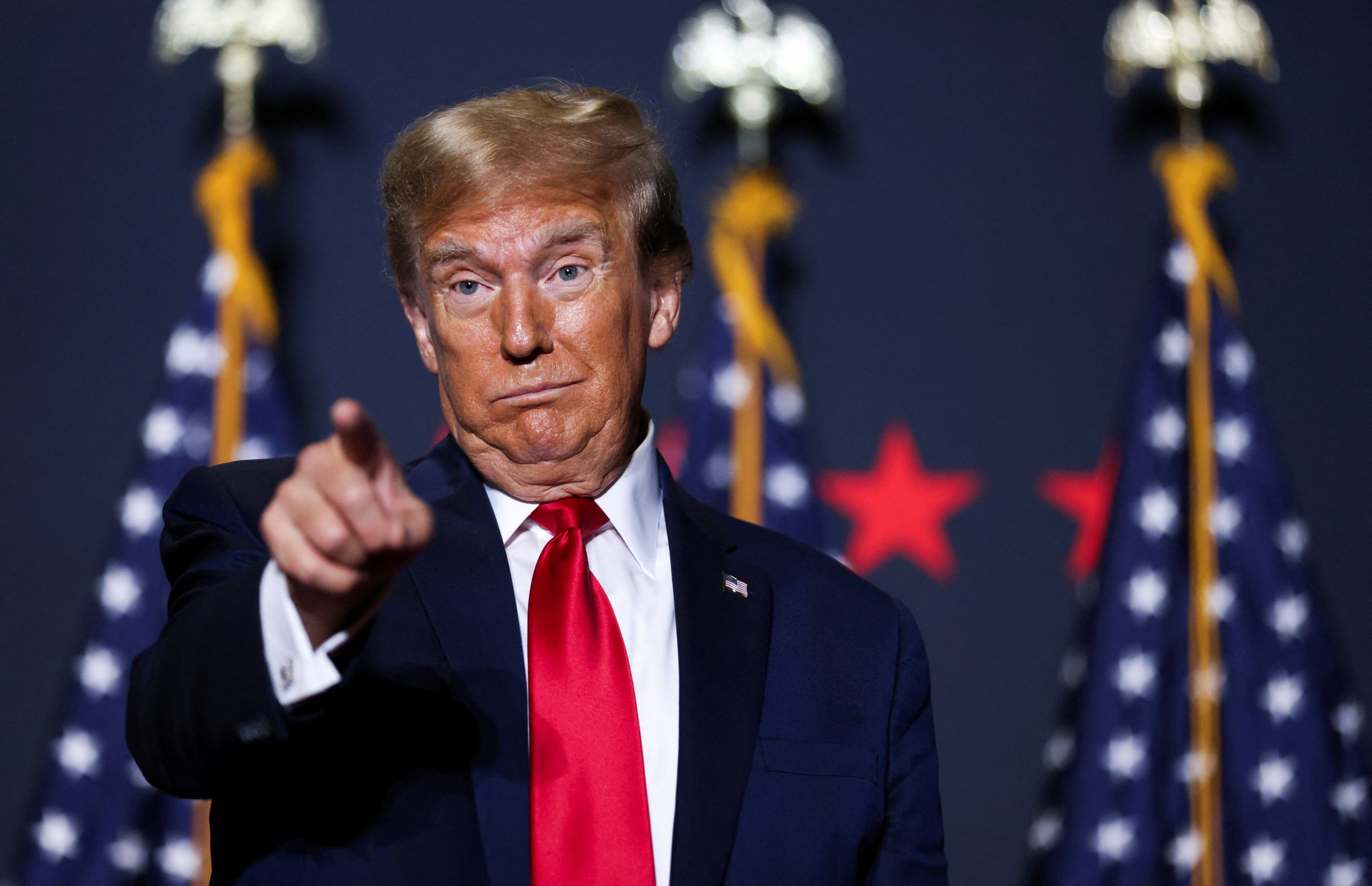President Donald Trump has escalated trade tensions by announcing a 35% tariff on all Canadian imports, effective August 1, 2025. This move intensifies the ongoing trade dispute between the United States and Canada, which began earlier this year.
The administration’s decision to increase tariffs from the previous 25% is attributed to Canada’s alleged insufficient efforts in curbing fentanyl trafficking into the U.S. President Trump stated that Canada had “retaliated with its own tariffs” instead of collaborating to address the issue. He further indicated that the tariff rate could be adjusted if Canada cooperates in stopping the flow of fentanyl.
In response, Canadian Prime Minister Mark Carney condemned the U.S. tariffs, emphasizing Canada’s commitment to combating fentanyl trafficking. He stated, “Canada has made vital progress to stop the scourge of fentanyl in North America.” Carney also reiterated Canada’s dedication to pursuing a new trade framework with the U.S., despite the escalating tensions.
The tariff increase has had immediate effects on financial markets. On July 11, 2025, the S&P/TSX composite index, Canada’s benchmark stock market index, declined by 0.6% following the announcement. Investors are concerned about the potential for further retaliatory measures and the broader implications for international trade.
Economists warn that the escalating trade tensions could lead to higher inflation and disrupt global supply chains. The Peterson Institute for International Economics estimates that the tariffs could cost the average U.S. household over $1,200 per year.
This development marks a significant escalation in the trade war between the U.S. and Canada, with potential repercussions for global markets and international relations.












Leave a comment